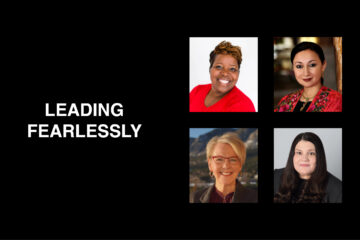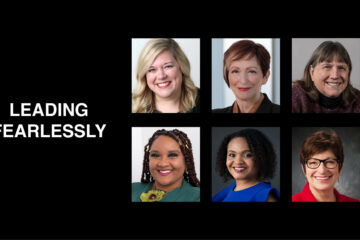By Suzanna de Baca, president and CEO, Business Publications Corp.
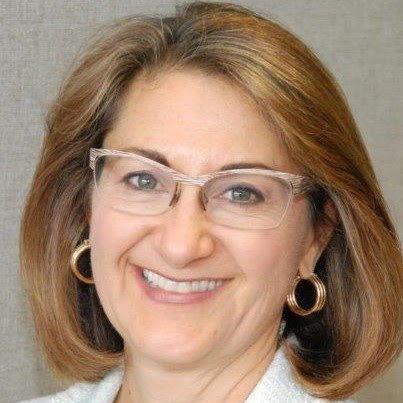
Recently, someone asked me to be a part of a very worthwhile civic project and I heard the word “yes” coming out of my mouth even though the words going through my head were: “You don’t have time right now.” While I supported the work, someone else could have done it equally well. Why was it so hard to say no?
“Saying no is more challenging for women because of societal pressures to be likable,” explains a recent American Psychological Association article titled “When and how do you say no?” The article points out that men are “still seen as likable if they’re assertive,” but emphasizes the opposite is often true for women, especially women from racially diverse or underrepresented groups.
It is often the right thing to do to say yes to new professional opportunities and to advocate for ourselves, as I explored in a recent Fearless column called “Just say yes!” But many of us agree to things or remain in situations that are not positive for us even if we would prefer not to or they sap our time and energy.
Sometimes, saying no is a good thing. Deciding to say no to a job or even a promotion that isn’t right for us can set us on a better path. Standing up to someone or something might not only protect us, but also help others. And saying “no more” or passing on an opportunity can give us the opportunity to do something else or open up a door for someone else.
I asked some fearless female leaders about a time they chose to “just say no” in a career situation:

Ana Coppola, public health planner, Polk County Health Department: Because my first language is Spanish, people just assume that translation and interpretation are in my job description. They are not. This is where I have to just say no. But I do offer to review the work once they find someone else.
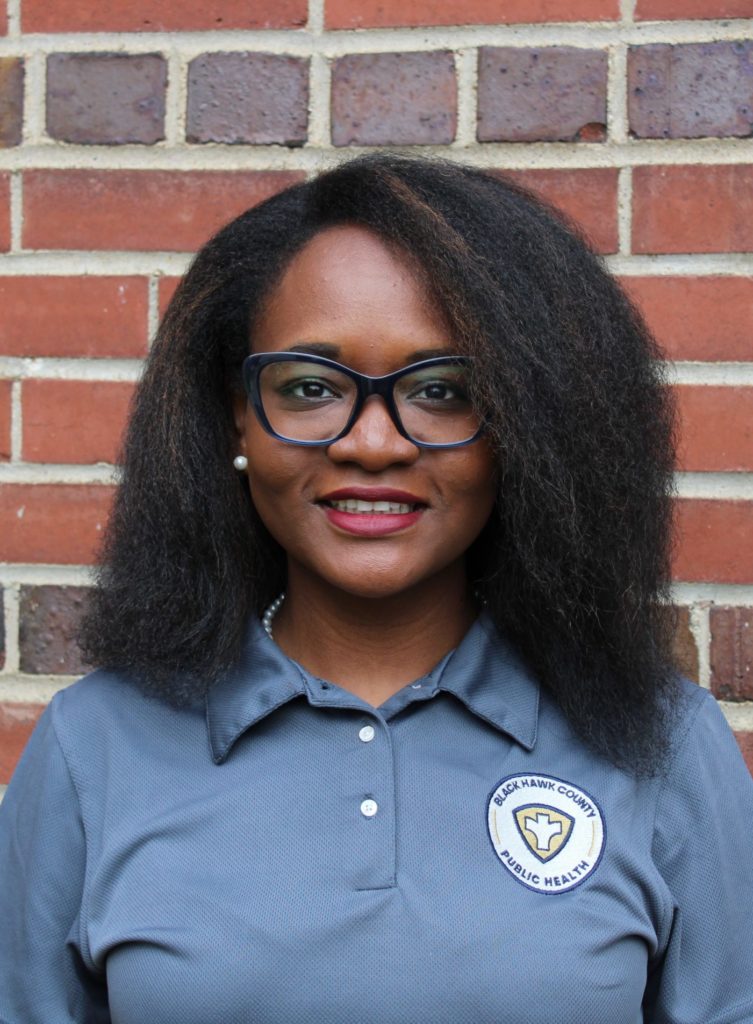
Nafissa Cisse Egbuonye, Ph.D., public health director, Black Hawk County Public Health: Black women are significantly underrepresented in leadership roles. When our hair does not conform to Eurocentric standards, we get stares, thoughtless questions and microaggressions in the workplace. When I was asked to pull my natural, afro-textured hair into a ponytail, I said NO. Being in a leadership position, it’s important that I bring my authentic self to work, whether that means I wear my afro, braids or straighten my hair.
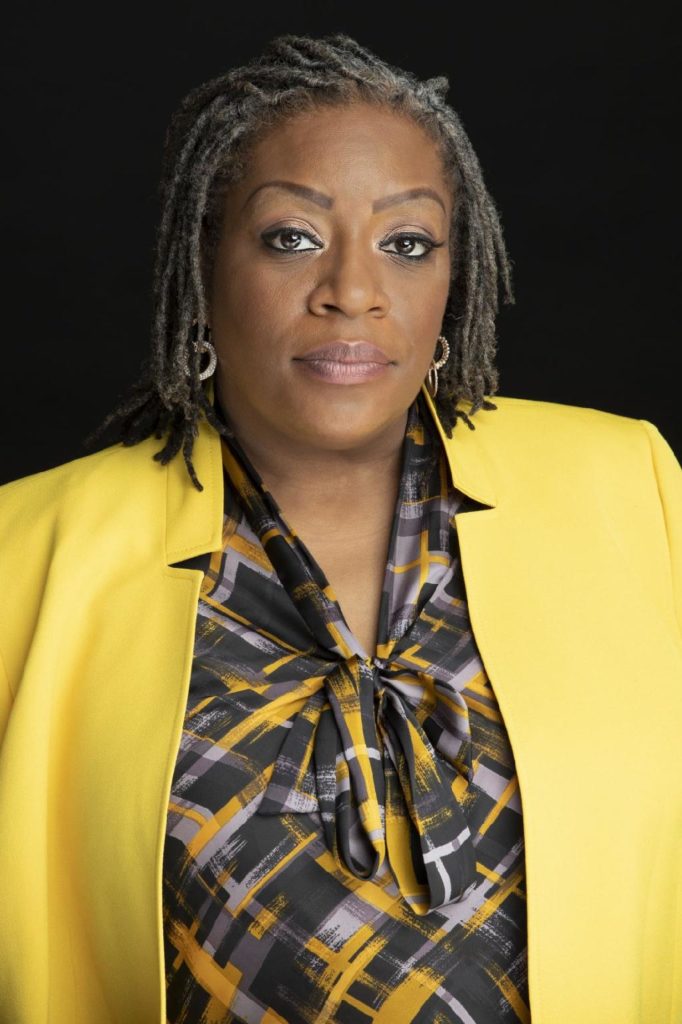
Abena Sankofa Imhotep, director of Sankofa Literary and Empowerment Group, founder of Sankofa Literary Academy, student at Drake University: I said no to a job with meager returns and began investing in myself as an entrepreneur. I launched Sankofa Literary and Empowerment Group, which creates lifelong learning communities and centers diverse scholarship and books by Black authors. Without the courage to say no, I may not have ever realized my capacity for leadership, community-building or forging institutional change.
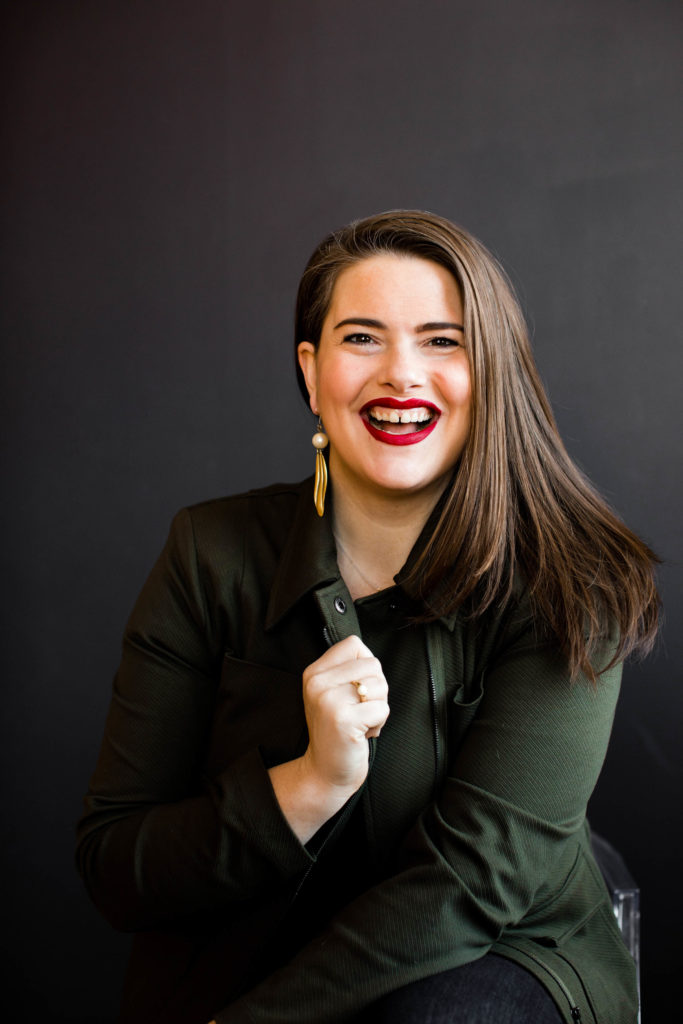
Whitney Warne, speaker, coach, photographer, Ivory House Photography: When I started saying no to shooting weddings, I was able to say yes to what I really loved – photographing people one-on-one and ensuring they are lit up by the experience. By directing my energy to what filled me up, I was being kind to myself, my clients and my fellow photographers who love to shoot weddings.
Advice on just saying no
Deploy with care. Make an informed decision if you are going to say no, and deliver the message with sensitivity. “‘No’ is a complete sentence,” points out Imhotep. Saying no is “an agentic strategy that allows one to honor her own boundaries” and consider the things that matter most.
Practice declining gracefully. Saying no is a skill you can sharpen, and one you can do in a positive way. Practice your conversation and consider how you might offer a suggestion or option, deliver the message in a respectful and straightforward but neutral tone, and stand your ground in a firm but courteous manner.
Your no can be someone else’s yes. Saying no can actually be a generous way to create opportunities for others, says Warne. She points out that when she says no, she often makes referrals to other businesses, community members, and up-and-coming leaders who might be well suited for business that is not a good fit for her.
Set expectations. “As a leader, I cultivate engagement by helping people know what to expect from me,” says Coppolla. “I feel more courageous, more connected and more compassionate even when I have to set my boundaries by saying no to what has been culturally expected.”
Own your no. Only you can know what is right or wrong for you at a given time. While it’s important to be sensitive in your delivery, you don’t need to provide a million excuses. Keep it honest and simple. Dr. Cisse Egbuonye offers that self-awareness is key, saying, “Understanding your ‘no’ gives you the knowledge and ability to educate others.”
